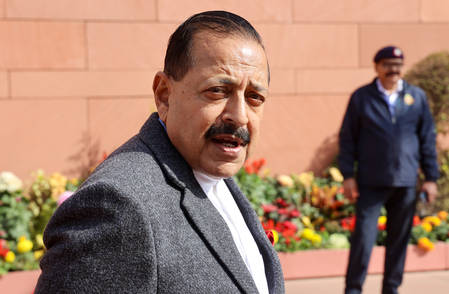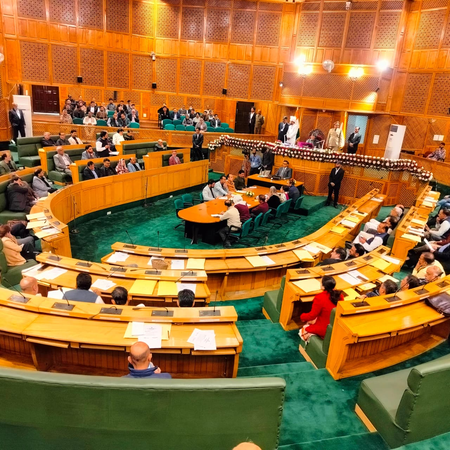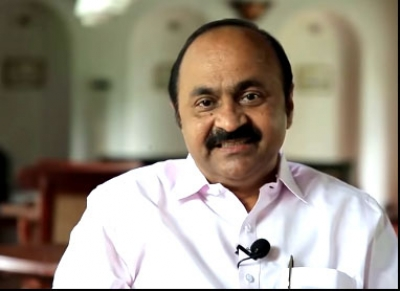
New Delhi, Feb 20 (IANS) Health experts and advocacy groups on Tuesday hailed the National Commission for Protection of Child Rights (NCPCR) chief’s decision to provide blood transfusion therapy to Thalassemia patients free of cost.
Thalassemia, a genetic disorder affecting hemoglobin, presents a significant health challenge in India.
Patients require lifelong blood transfusions with at least one unit of blood within a maximum of 20 days. However, the patients face tough times whenever there is a blood shortage.
With the world’s largest population of Thalassemia Major children, ranging from 1 to 1.5 lakhs, and around 42 million carriers of the beta thalassemia trait, the country is struggling with a substantial burden of this condition.
“It is a welcome move that blood transfusion should be given free to Thalassemia patients, which will go a long way in making the lives of the patients easy,” Dr Rahul Bhargava, Principal Director and Chief of BMT, Fortis Memorial Research Institute, Gurugram, told IANS.
NCPCR chairman Priyank Kanoongo in a letter, addressed to principal secretaries of the health department of all states and union territories, asked them to issue circulars to hospitals for free blood transfusions. The matter was first reported by The Times of India.
“What is crucial is to make this message reach the last mile and its implementation in rural hinterlands, where people continue to suffer because of lack of knowledge. These orders and measures will find its relevance only when people get the benefit outside big metro cities where the large population of Thalassemia patients continues to suffer for want of safe and free blood,” Dr Rahul said.
Incidentally, the Union health ministry in a letter in to the states in June last year said “it is mandatory for all the blood centres (govt-supported and non government-supported) to provide blood/blood components free of cost to patients of thalassemia”.
“We welcome this positive step of NCPCR, particularly the recognition of the trials and tribulations of families with patients with thalassemia. The devil is in the details, though. It needs to be seen what the modalities of this initiative will be,” Anubha Taneja Mukherjee, Member Secretary of the Thalassemia Patient Advocacy Group, told IANS.
“One would like to keep track of the developments and see whether the order is meant for all private institutions because thalassemia treatment is already free in government hospitals. What is the extent of ‘therapy’ and whether it includes chelation and other investigations too is another aspect that needs to be seen. We are delighted to assist in any way we can,” she added.
–IANS
rvt/uk




